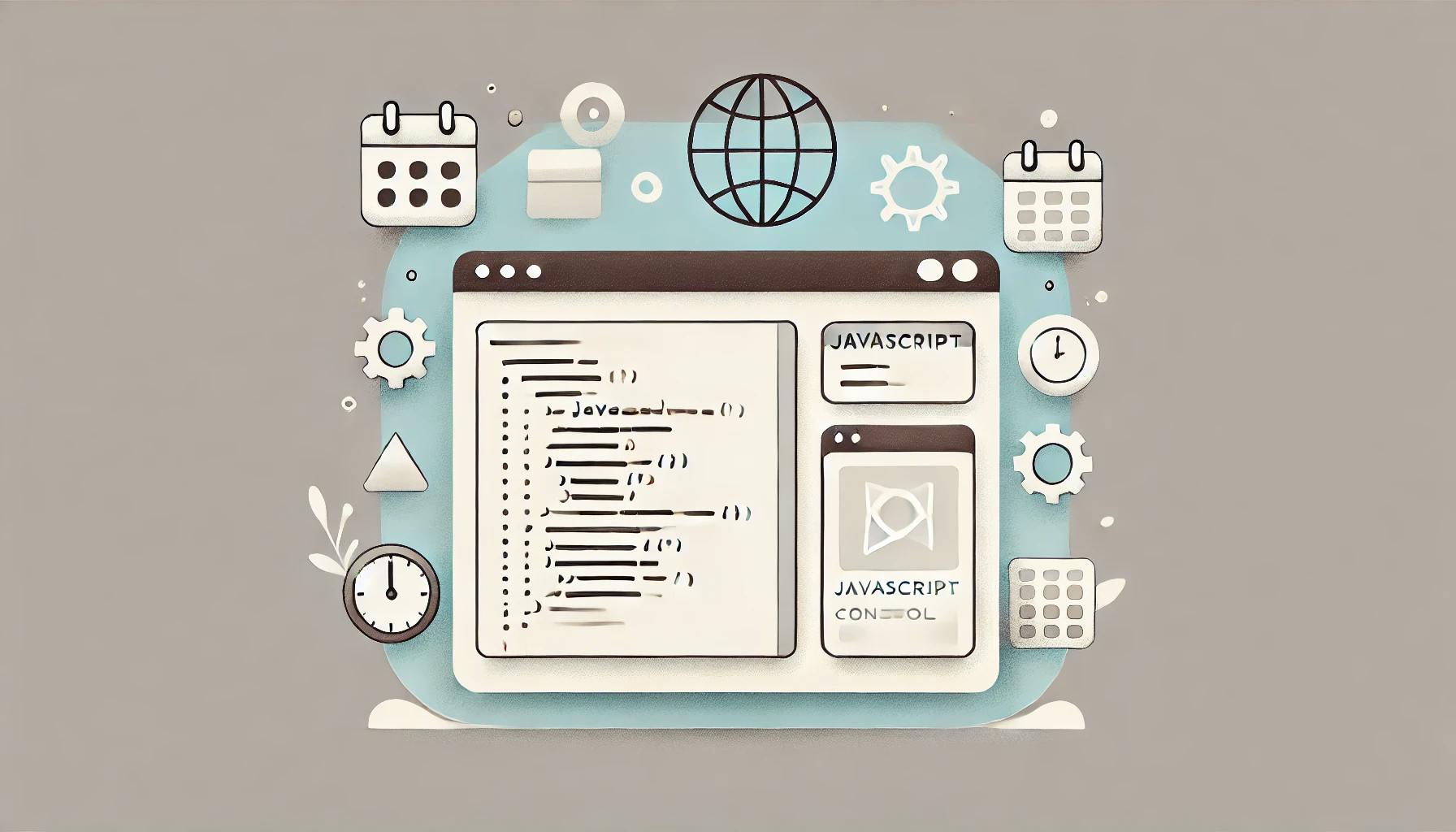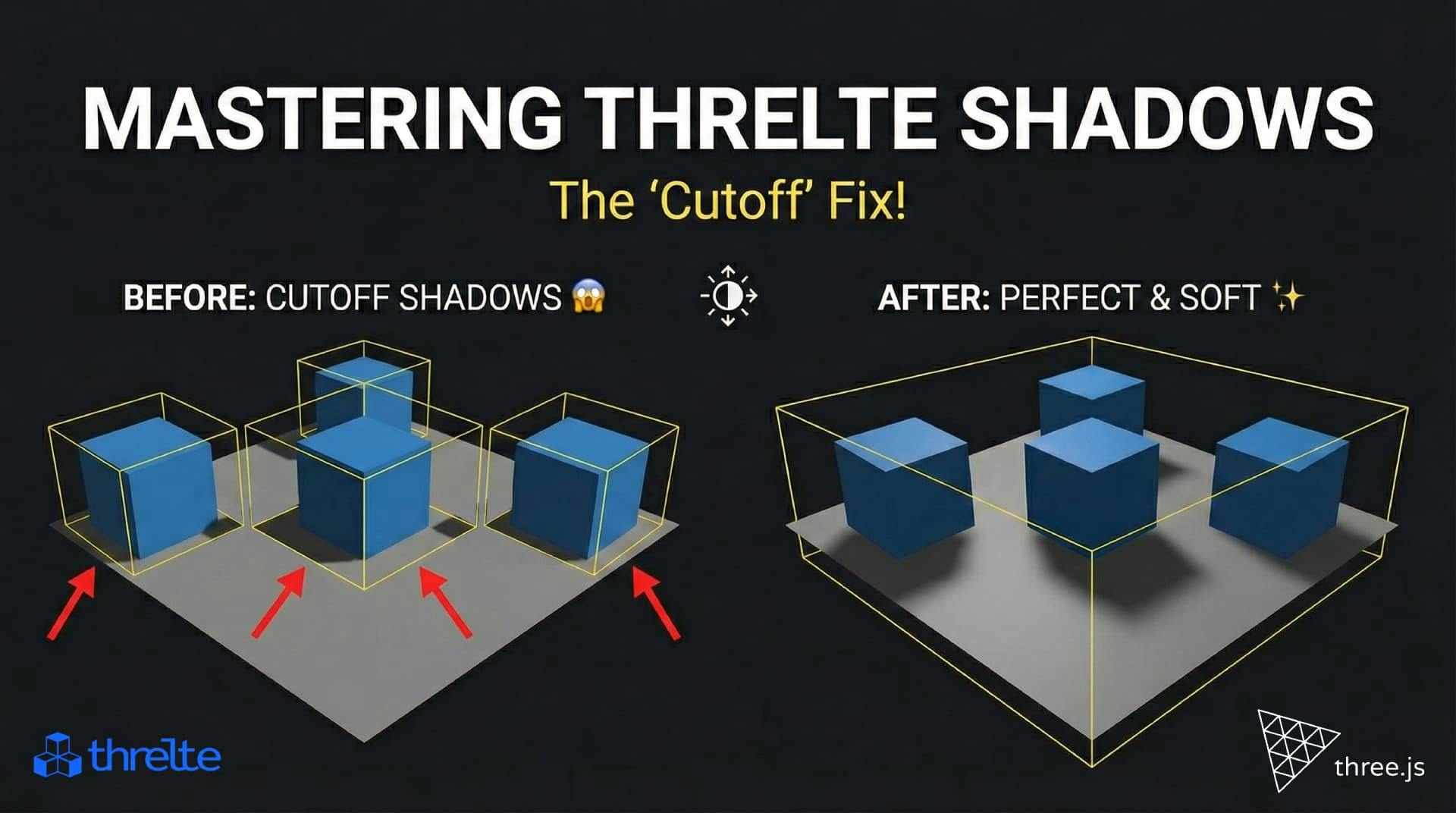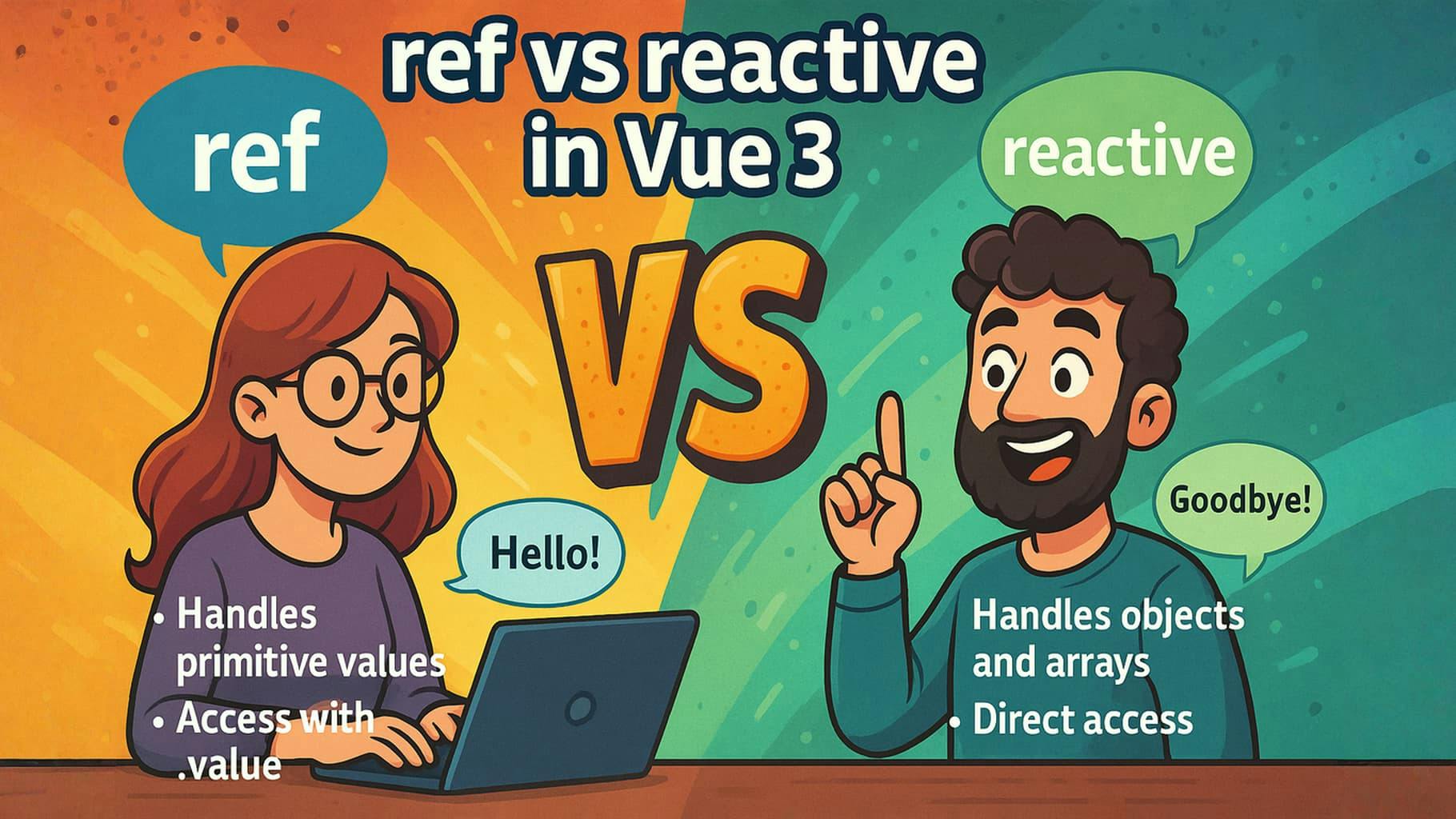Exposing JavaScript Libraries to Global Scope: Best Practices


As JavaScript developers, we often rely on powerful libraries to enhance our applications. But sometimes, we need to inspect or interact with a library directly from the browser’s console. This is where the technique of exposing libraries to the window object becomes useful.
While it's a handy debugging method, it's essential to understand when (and when not) to use it.
Suppose you're using dayjs, a lightweight and popular date/time manipulation library. Here's how you'd expose it to the browser’s global scope:
import dayjs from 'dayjs';
window.dayjs = dayjs;This code assigns the imported dayjs library to the window object, making it globally accessible as window.dayjs—or simply dayjs—from your browser console.
Once you've exposed dayjs, open your browser’s console and experiment with the following:
dayjs()dayjs().format('YYYY-MM-DD')dayjs('2023-11-05').format('dddd, MMMM D, YYYY')dayjs methods:dayjs().add(7, 'day').format('YYYY-MM-DD')
dayjs().subtract(1, 'month').format('MMMM YYYY')
dayjs().diff(dayjs('2024-01-01'), 'days')✅ Use it for:
❌ Avoid in:
Exposing libraries to the window object is a simple, effective technique for development and debugging. Just remember to use it wisely and remove any global exposures before shipping your code to production.

Shadows disappearing in your Threlte or Three.js scene? It’s a frustum issue. Learn how to visualize the shadow box and fix clipping instantly with this guide.

Confused by prototype and __proto__ in the browser console? Master JavaScript's inheritance model with this clear, expert guide.

Learn the key differences between ref and reactive in Vue 3. This guide covers primitives, objects, and common pitfalls to help you code better.